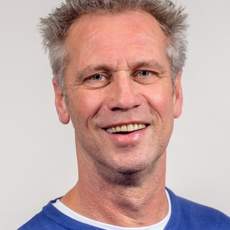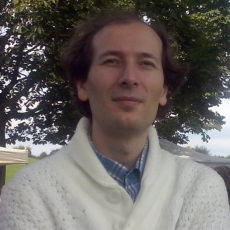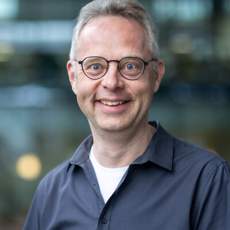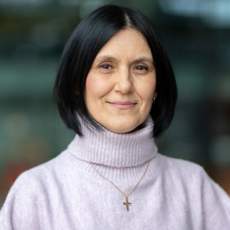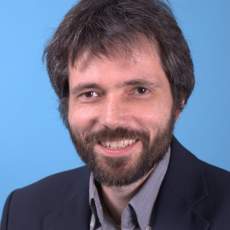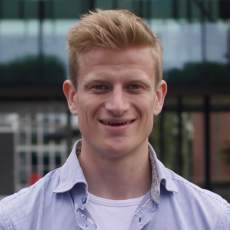Summary of the Project
The "4TU MSc in Sustainable Energy Technology" project, led by Ionut Tranca, Camilo Rindt, Malgorzata Holynska, Arjan Frijns, Silvia Nedea, and Koen Heijmans, has been aimed at implementing Virtual Student Mobility (VSM) to enable students to take courses across the partner universities: Delft University of Technology (TUD), Eindhoven University of Technology (TU/e), and University of Twente (UT). This initiative is part of the 4TU Federation's effort to provide a flexible, personalized, and lifelong learning experience in the Sustainable Energy Technology (SET) MSc program. The SET program focuses on renewable energy generation, transport, storage, and energy efficiency, attracting 180-200 students annually. Traditional methods of physical student mobility and tele-lectures have not effectively met the objective of inter-university course participation. VSM seeks to address this by offering a collection of online courses within the 4TU framework, allowing students to customize their MSc program by following courses not available at their home university.
Aim of the Project
The aim of the 4TU MSc in Sustainable Energy Technology project has been to develop a new way for students to engage in courses at partner universities through Virtual Student Mobility (VSM). This involves organizing online courses into Online Profiles (OPs) that focus on specific topics within energy technology. Each OP consists of two or more online courses, such as MOOCs, including assignments and follow-up courses, with a study load of 10 to 15 ECTS. By leveraging the expertise of lecturers across the three universities, the project aims to provide a wider array of specialized topics accessible to all MSc SET students. Students can integrate these OPs into their program timeline and participate in regular on-campus examinations at the offering university. The project has outlined a six-step process for blended learning: intake and analysis, experimentation, design, production, implementation, and evaluation. Expected outcomes include the educational redesign of the Macro-Scale Modelling and Thermal Energy Storage courses into MOOCs, the development of course structures and learning materials on Coursera, and the creation of student panels and evaluation mechanisms. The project is designed to enhance flexibility, support independent learning, and ensure sustainability and dissemination of the results across the participating universities. The project has been ongoing, with several tasks and deliverables in various stages of completion.
Results and learnings
Developed material
Within this VSM project, VSM stands for Virtual Student Mobility and this means that students from other universities have the opportunity to participate in this course without actually having to travel. Two fully online courses have been developed.
- Microscale modelling of heat storage materials: 4SE20ONL
The aim of the course is to present the main approaches for modelling at nano- and microscale level (Density Functional Theory, Molecular Dynamics, Monte Carlo) in order to facilitate the computation and the understanding of the heat and mass transfer phenomena on small scales and to apply the knowledge to heat storage materials. - Thermal energy storage and demand: 4SE30ONL
The aim of the course is to present the principles and basic functioning of different types of heat and cold storage in liquids, solids, the underground, phase change materials and thermochemical materials. Besides an overview is presented of the heat demand in the different sectors and the possibilities to reduce this demand.
Both courses are variations of two on-campus courses, although the second has been expanded from a 2.5 to a 5 credit course by adding a lot of new material. Within the framework of the BOOST initiative, video clips have been developed for both courses, online practice material has been implemented and the readers have been rewritten. The exams are still on campus.
Lessons learned
- For 4SE30ONL, the original plan was to make use of COURSERA as a platform. However, we ran into all kind of copyright problems when using figures from other sources, since copyright regulations on a public commercial platform are much more strict than in a closed educational environment.
- The 4SE20ONL course was running for the 3rd time. Although this fully online course is also offered at other universities and can be followed at any time, except for the online Q&A session (via Teams), only students from TU/e were registered. It would be very valuable to look at opportunities for students from other universities to register.
